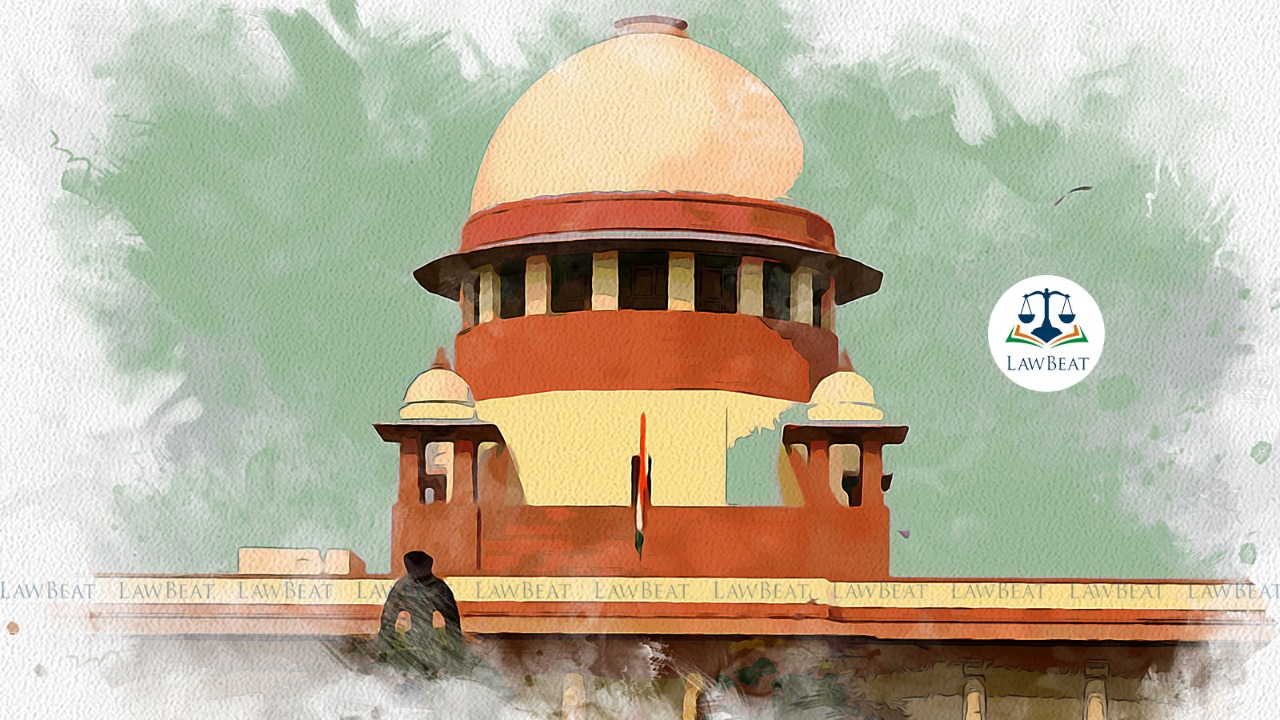"Define 'minority' and lay down 'guidelines' for identification of minorities": Another plea in Supreme Court challenges Minorities Act

Another plea has been filed in the Supreme Court challenging the National Commission for Minorities Act. It alleges that when the Act came into force the Central Government arbitrarily notified Muslims, Christians, Sikhs, Buddhists, and Parsee as minorities.
The plea has sought direction to define ‘minority’ and lay down ‘guidelines for identification of minorities at district level’, to ensure that only those religious and linguistic groups, which are socially economically politically non-dominant & numerically very inferior get the benefits.
The plea filed by Religious Leader Devkinandan Thakur states that to date followers of Judaism, Bahaism, and Hinduism who are real minorities in Ladakh, Mizoram, Lakshadweep, Kashmir, Nagaland, Meghalaya, Arunachal Pradesh, Punjab, and Manipur, cannot establish & administer educational institutions of their choice because of non-identification of ‘minority’ at State level.
The Public Interest Litigation filed through Advocate Ashutosh Dubey submits that right under Articles 29-30 is being siphoned off illegally to the majority community in the State because the Centre has not notified them as ‘minority’ under NCM Act. Followers of Judaism, Bahaism & Hinduism are being deprived of their basic rights to establish & administer educational institutions of their choice.
It states that Muslims are in majority with a percentage population of:
- 96.58% in Lakshadweep
- 96% in Kashmir
Whereas, there is a significant population of Muslims in:
- 44% in Ladakh
- 34.20% in Assam
- 27.5% in Bengal
- 26.60% Kerala
- 19.30% in Uttar Pradesh
- 18% in Bihar
In addition to this, Christians are in majority in Nagaland (88.10%), Mizoram (87.16%), and Meghalaya (74.59%). Likewise, Sikhs are a majority in Punjab and there is a large population in Delhi, Chandigarh, and Haryana, but they can establish & administer, the plea adds. It further states that similarly, Buddhists are a majority in Ladakh but they can't establish & administer educational institutions of their choice.
The plea challenges Section 2(c) of the NCM Act stating that for purpose of notifying a community as a ‘minority’, the Centre is empowered to consider the claim of a particular community for being notified as such under S. 2(c) of the NCM Act and S. 2(f) of the National Commission For Minority Educational Institutions Act (NCMEI Act), and cannot shirk its statutory responsibility.
The plea has further sought direction to declare Section 2(c) of the NCM Act as void unconstitutional and inoperative for being violative of Articles 14, 15, 21, 29, and 39 of the Indian Constitution.
It may also be noted that there is another plea filed by Advocate Ashwini Kumar Upadhyay pending before the Apex Court seeking minority status for Hindus in states where their numbers have gone below other communities. Wherein, the Ministry of Minority Affairs had informed the Supreme Court that the questions involved in the plea will have far-reaching ramifications throughout the country.
In addition to this, the government had said that any stand taken without detailed deliberations with the stakeholders may result in an unintended complication for the country.
The affidavit had stated, "The stand to be formulated by the Central Government with regard to issues raised in this group of petitions will be finalized after having a wide consultation with the State Governments and other stakeholders."
Cause Title: Devkinandan Thakur Ji Vs. Union of India & Ors.
